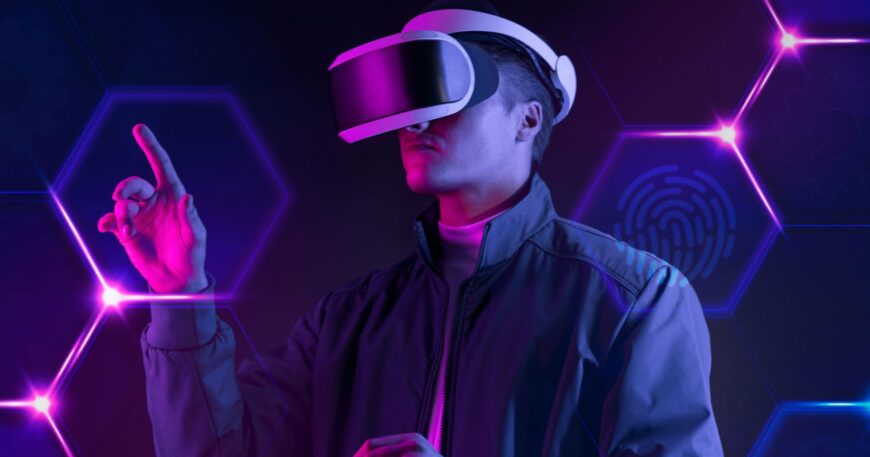In today’s rapidly evolving digital landscape, emerging technologies are shaping the way we interact, transact, and experience the world around us. In Uganda and Africa, these transformative technologies, including blockchain, augmented reality (AR), and virtual reality (VR), hold immense potential to drive innovation, economic growth, and social progress. This article explores the impact of these emerging technologies in Uganda and Africa, highlighting their applications, benefits, and the opportunities they present for the region.
- Blockchain: Revolutionizing Trust and Transparency Blockchain technology, known for its decentralized and immutable nature, has the potential to revolutionize various sectors in Uganda and Africa. By providing a secure and transparent system for recording and verifying transactions, blockchain can address challenges such as corruption, lack of transparency, and inefficient processes. In agriculture, blockchain can enable farmers to track the origin and quality of their products, ensuring fair trade and reducing food fraud. In financial services, blockchain-based solutions can enhance remittance services, facilitate cross-border transactions, and promote financial inclusion.
- Augmented Reality (AR): Transforming User Experiences AR overlays digital information onto the real world, enhancing the way we interact with our surroundings. In Uganda and Africa, AR has the potential to revolutionize industries such as tourism, education, and healthcare. AR applications can provide interactive and immersive experiences for tourists, allowing them to explore historical sites, landmarks, and cultural heritage. In education, AR can make learning more engaging by bringing textbooks to life and offering interactive simulations. Additionally, AR can support healthcare professionals by providing real-time guidance during surgeries and enabling remote consultations.
- Virtual Reality (VR): Opening New Realms of Exploration VR creates a simulated environment that immerses users in a virtual world. In Uganda and Africa, VR has the potential to transform industries such as tourism, entertainment, and education. VR allows tourists to virtually experience destinations, attractions, and wildlife reserves, providing a glimpse of what Uganda and Africa have to offer. In entertainment, VR offers immersive gaming experiences and virtual concerts. In education, VR can transport students to different time periods, cultures, and environments, fostering experiential learning and expanding educational opportunities.
- Driving Innovation and Entrepreneurship: The adoption of blockchain, AR, and VR in Uganda and Africa presents significant opportunities for innovation and entrepreneurship. Local startups and businesses can leverage these emerging technologies to create unique solutions tailored to the needs of the region. This not only fosters economic growth but also positions Uganda and Africa as hubs for technological innovation and digital transformation. By nurturing a supportive ecosystem for startups and providing access to resources, funding, and mentorship, Uganda and Africa can cultivate a vibrant technology-driven ecosystem.
- Addressing Challenges and Ensuring Inclusivity: While these emerging technologies offer immense potential, it is crucial to address challenges and ensure inclusivity in their adoption. Issues such as digital literacy, infrastructure limitations, and affordability need to be considered. Efforts should be made to bridge the digital divide, provide training and education on these technologies, and foster collaboration between government, private sector, and academia. By ensuring that the benefits of blockchain, AR, and VR are accessible to all, Uganda and Africa can create a more equitable and inclusive digital society.
Conclusion
The emergence of blockchain, augmented reality, and virtual reality is reshaping Uganda and Africa’s technological landscape. These transformative technologies offer opportunities to revolutionize various sectors, drive innovation, and create immersive experiences. By embracing blockchain for transparency and efficiency, harnessing the power of AR to enhance user experiences, and leveraging VR to open up new realms of exploration, Uganda and Africa can position themselves as digital front-runners. With strategic investments, supportive policies, and a collaborative ecosystem, Uganda and Africa can unlock the full potential of these emerging technologies and pave the way for a digitally empowered future.




